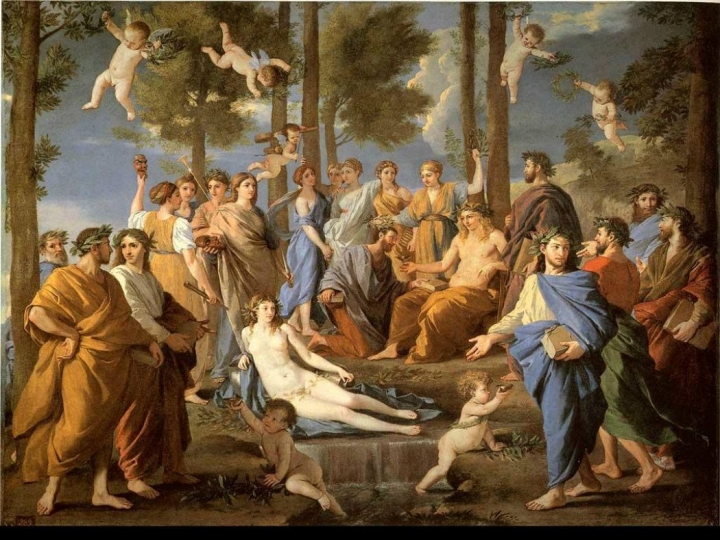Greek mythology is one of the world’s most captivating and beloved mythologies, with stories that have enthralled audiences for thousands of years. From deities and goddesses to heroes and monsters, Greek mythology offers a wide array of captivating characters and tales. If you’re an enthusiast for Greek mythology, there’s no better way to discover its roots than by taking a journey through ancient Greece – in this article we’ll take you on an exploration through some important sites related to this fascinating branch of mythology.
Athens
Athens is the capital of Greece and home to some of the most significant mythological sites. The Acropolis, a rocky outcrop that served as an ancient religious center in Greece, is its most iconic building: Parthenon – a temple dedicated to goddess Athena. Additionally, on this same site stands Temple of Olympian Zeus – one of the largest temples in all of antiquity.
Olympia
Olympia was the site of the ancient Olympic Games, held annually from 776 BC to 393 AD. Legend has it that Hercules (Hercules) created these contests as a tribute to his father Zeus. The site still houses its stadium, gymnasium, temples and shrines associated with these ancient contests.
Delphi
Delphi in ancient Greece was considered to be the center of the world, home to the legendary Oracle of Delphi. This oracle was a priestess who would give prophecies and advice to those who came to consult her. Delphi also boasted Temples dedicated to Apollo – god of music, poetry, and prophecy – as well as other important landmarks.
Mycenae
Mycenae was a powerful city-state in ancient Greece and home to the legendary hero Agamemnon. Surrounded by massive walls, its iconic feature is the Lion Gate: an immense stone gate featuring two lions carved into it. Additionally, Mycenae boasts the Treasury of Atreus: a massive tomb shaped like a beehive.
Crete
Crete is the largest island in Greece and believed to be the birthplace of Zeus. The Palace of Knossos, a magnificent Minoan palace built during King Minos’ reign, stands as his memorial. According to mythology, King Minos had an underground labyrinth built beneath his palace as punishment for imprisoning Minotaur – half-man, half-bull creature.
Nafplio
Nafplio is a picturesque seaside town in Greece that boasts the Fortress of Palamidi. Constructed during the 18th century on top of an ancient acropolis, this fortress bears the name of Palamedes – a hero from Greek mythology – and provides stunning views of both the town and surrounding landscape.
Epidaurus
Epidaurus was a center of healing in Ancient Greece and home to the Sanctuary of Asklepios, the god of healing. This sanctuary still houses its large theater which is used today for performances. According to mythology, Asklepios was Apollo’s son and legendary for his ability to heal those who were sick or wounded.
Mount Olympus
Mount Olympus is the highest mountain in Greece and believed to have been home to the Greek gods and goddesses. According to mythology, Zeus and other gods would meet on its summit to discuss important matters. Nowadays, it serves as an attractive hiking destination with stunning views of the surrounding landscape.
As you explore these ancient cities, take time to appreciate their history and mythology. Consider the stories behind temples, palaces and fortresses and imagine what life was like for those who lived there thousands of years ago. By doing so, you’ll gain a greater insight into why these myths and legends have so long held people’s attention.
Finally, a journey through ancient Greece offers an immersive and unforgettable way to uncover the roots of Greek mythology. By visiting mythological sites in Athens, Olympia, Delphi, Mycenae, Crete, Nafplio, Epidaurus and Mount Olympus you’ll have an opportunity to connect with Greece’s vibrant history and mythology while gaining a greater appreciation of these timeless stories that have captivated people for generations. So why not start planning your own mythological journey today?
